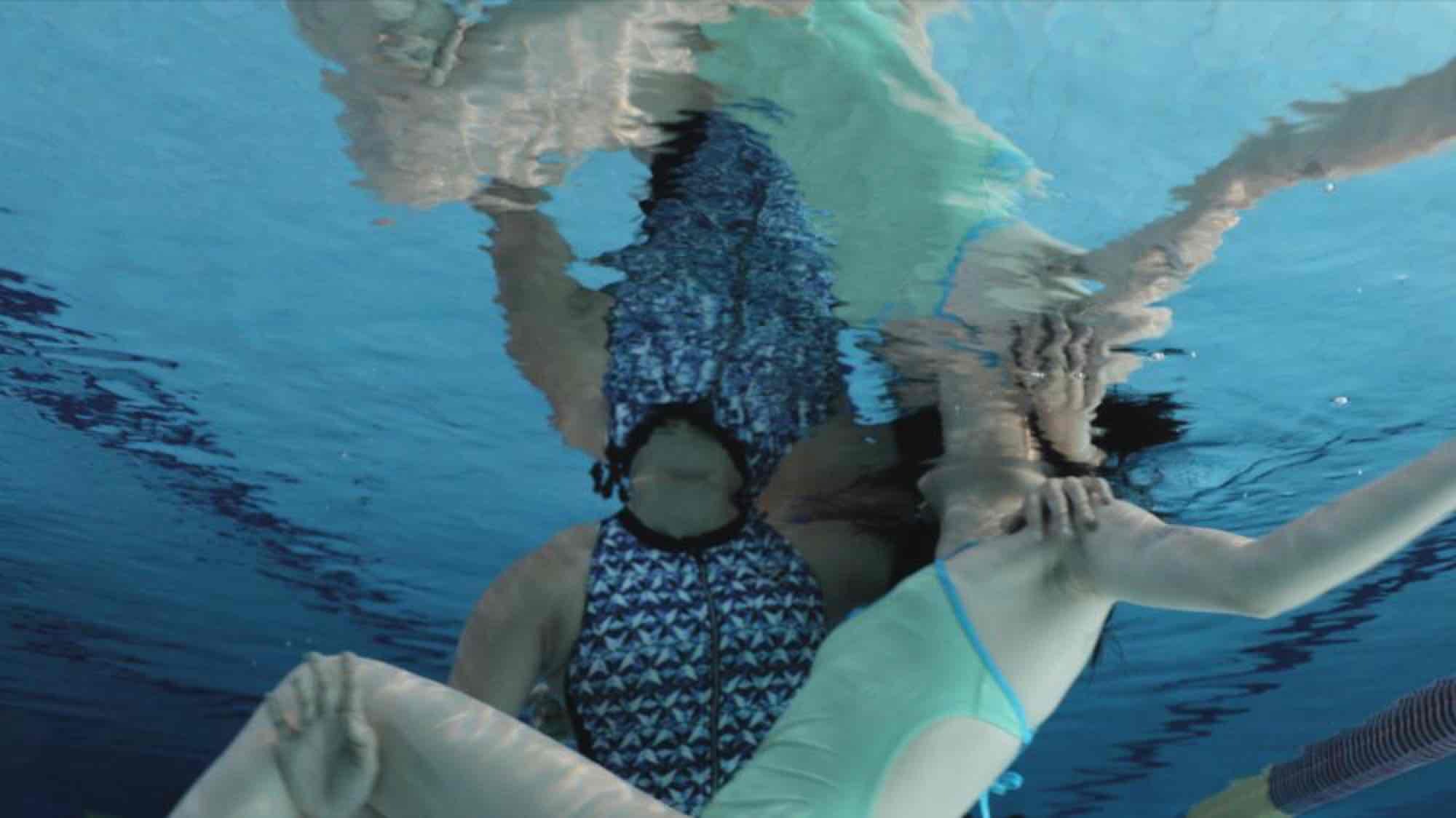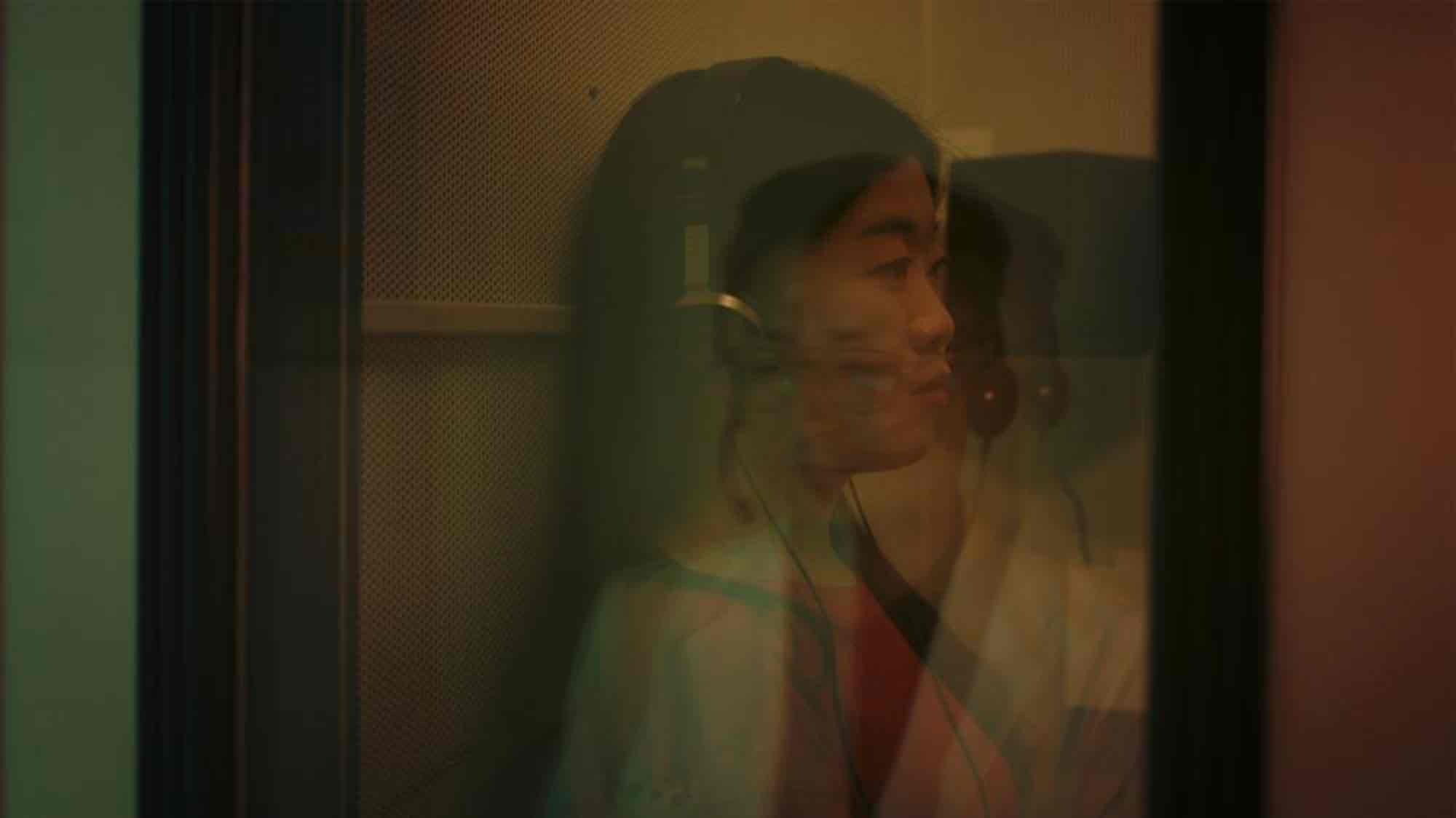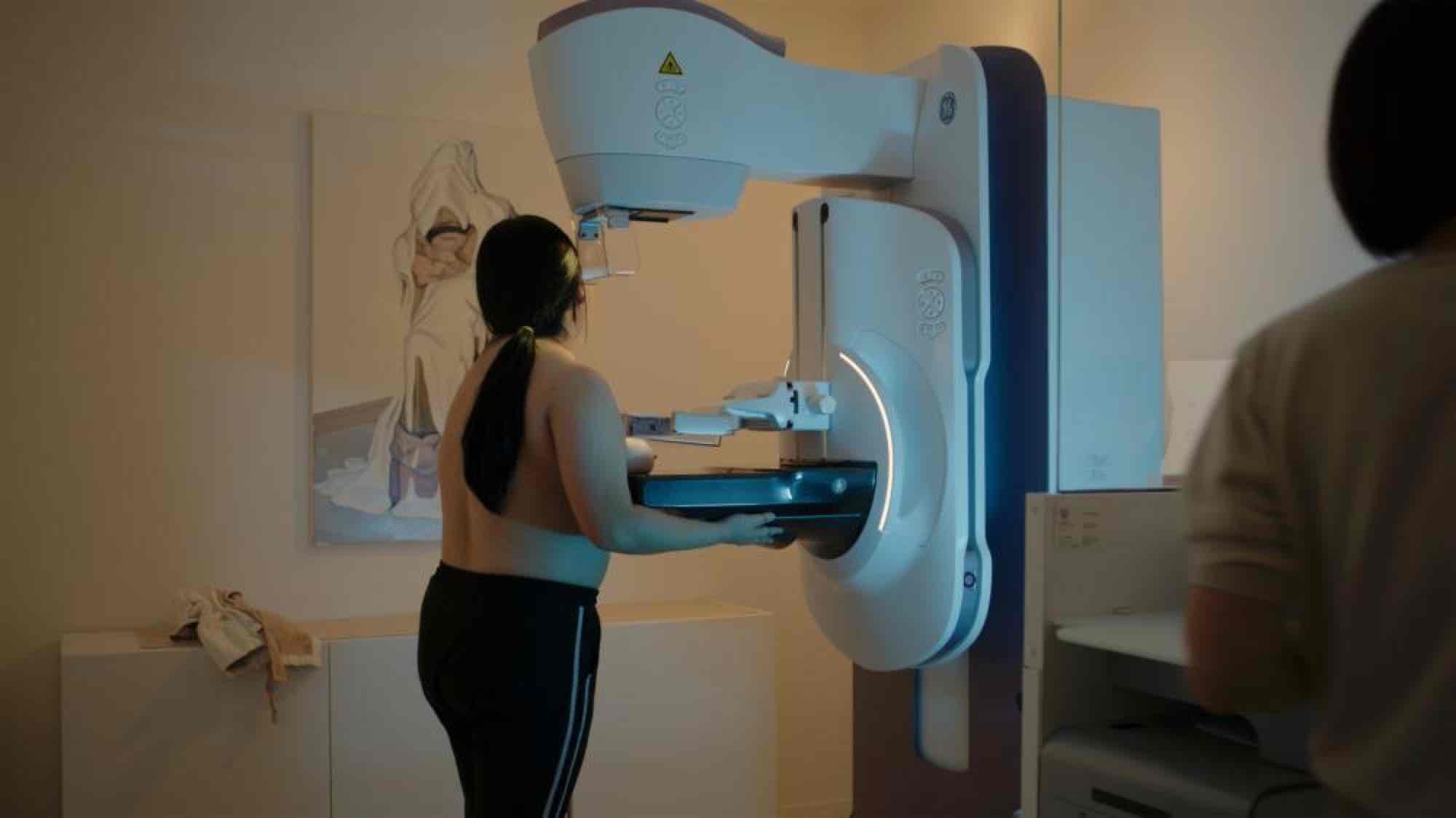Jeamin Cha
Freeze Response
02 Mar - 28 Apr 2024
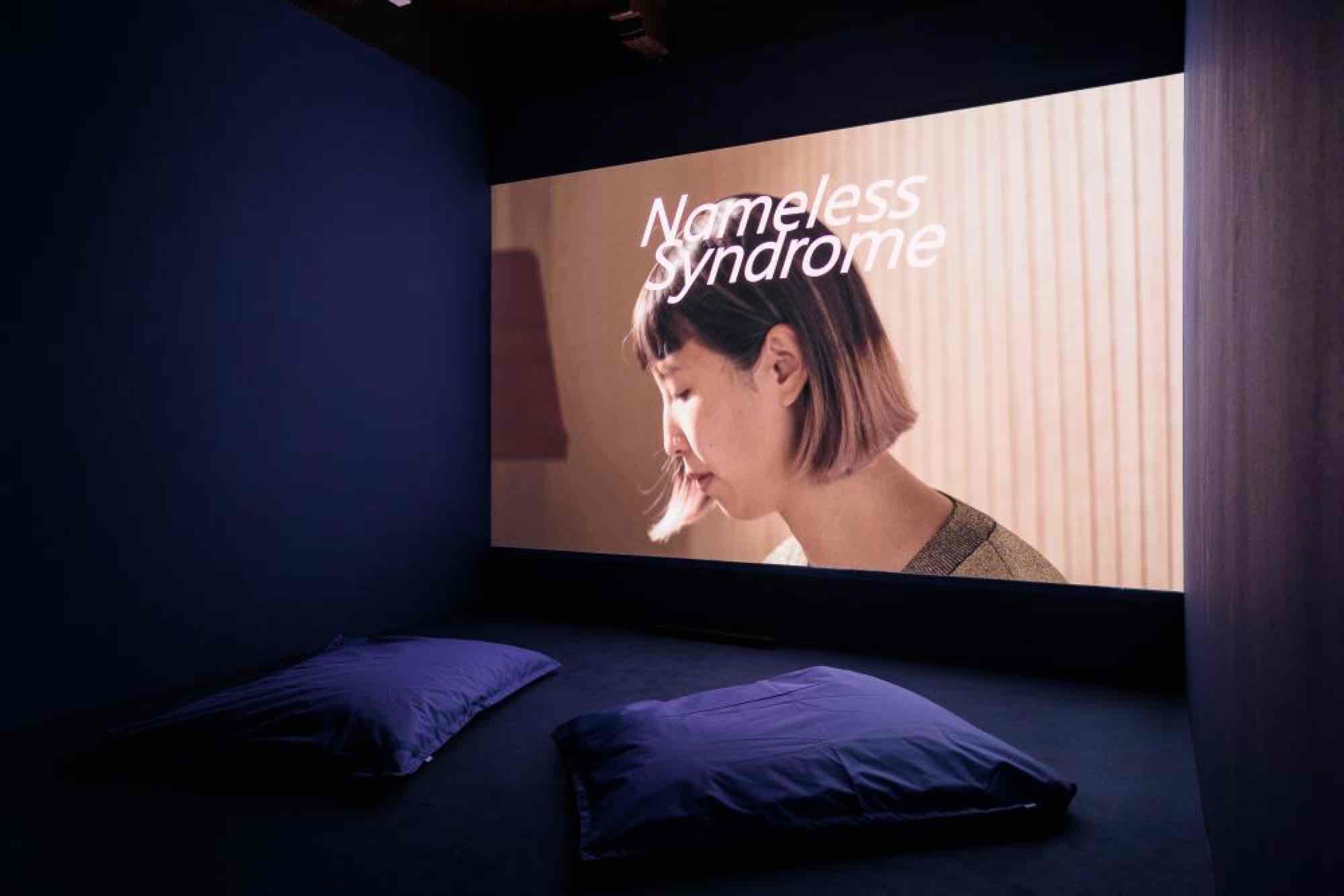
Jeamin Cha, Nameless Syndrome, 2022, video, 4K, 24 min, color/sound, courtesy of the artist. Exhibition view Jeamin Cha, Freeze Response, Salzburger Kunstverein 2024, photo: kunst-dokumentation.
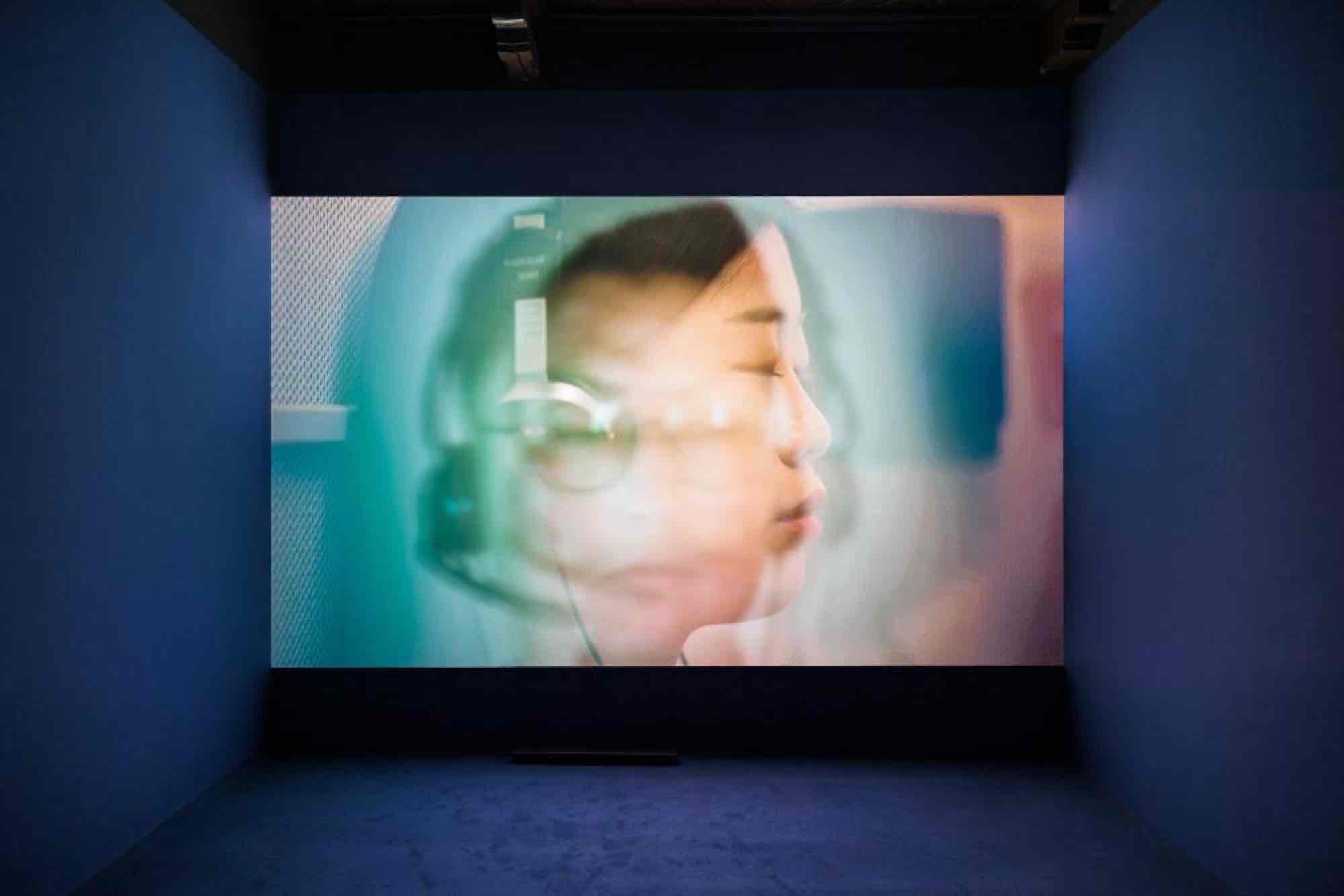
Jeamin Cha, Nameless Syndrome, 2022, video, 4K, 24 min, color/sound, courtesy of the artist. Exhibition view Jeamin Cha, Freeze Response, Salzburger Kunstverein 2024, photo: kunst-dokumentation.
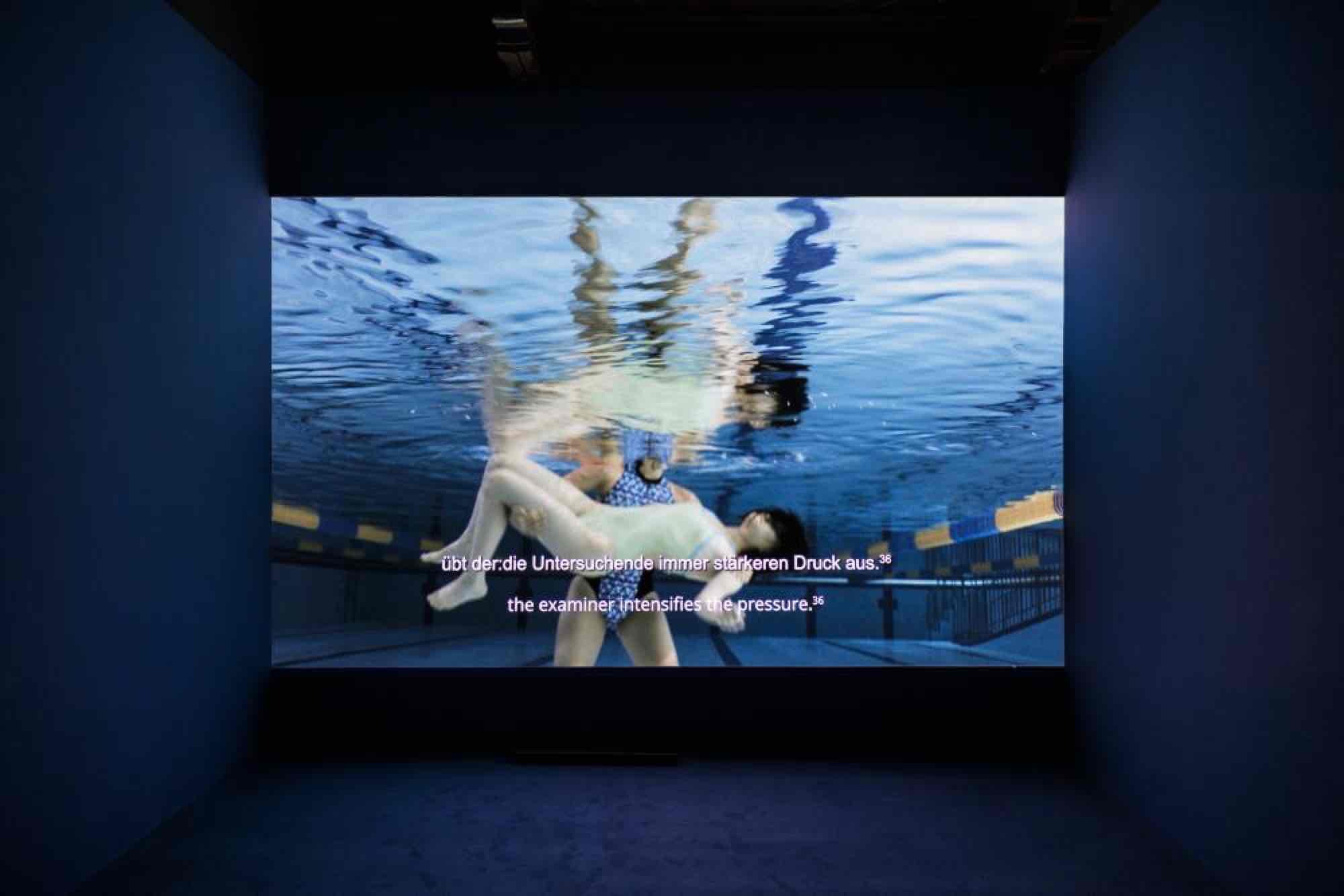
Jeamin Cha, Nameless Syndrome, 2022, video, 4K, 24 min, color/sound, courtesy of the artist. Exhibition view Jeamin Cha, Freeze Response, Salzburger Kunstverein 2024, photo: kunst-dokumentation.
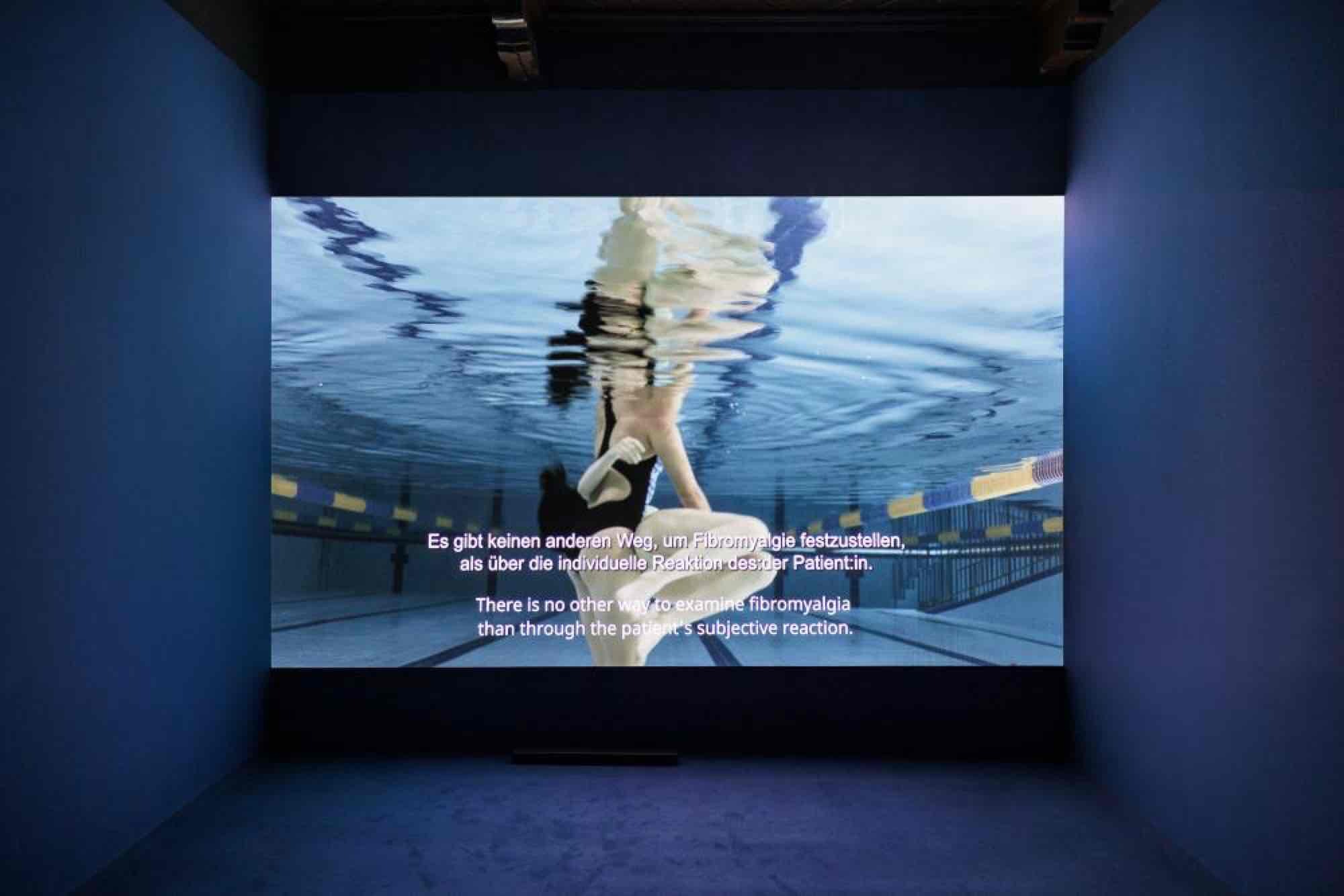
Jeamin Cha, Nameless Syndrome, 2022, video, 4K, 24 min, color/sound, courtesy of the artist. Exhibition view Jeamin Cha, Freeze Response, Salzburger Kunstverein 2024, photo: kunst-dokumentation.
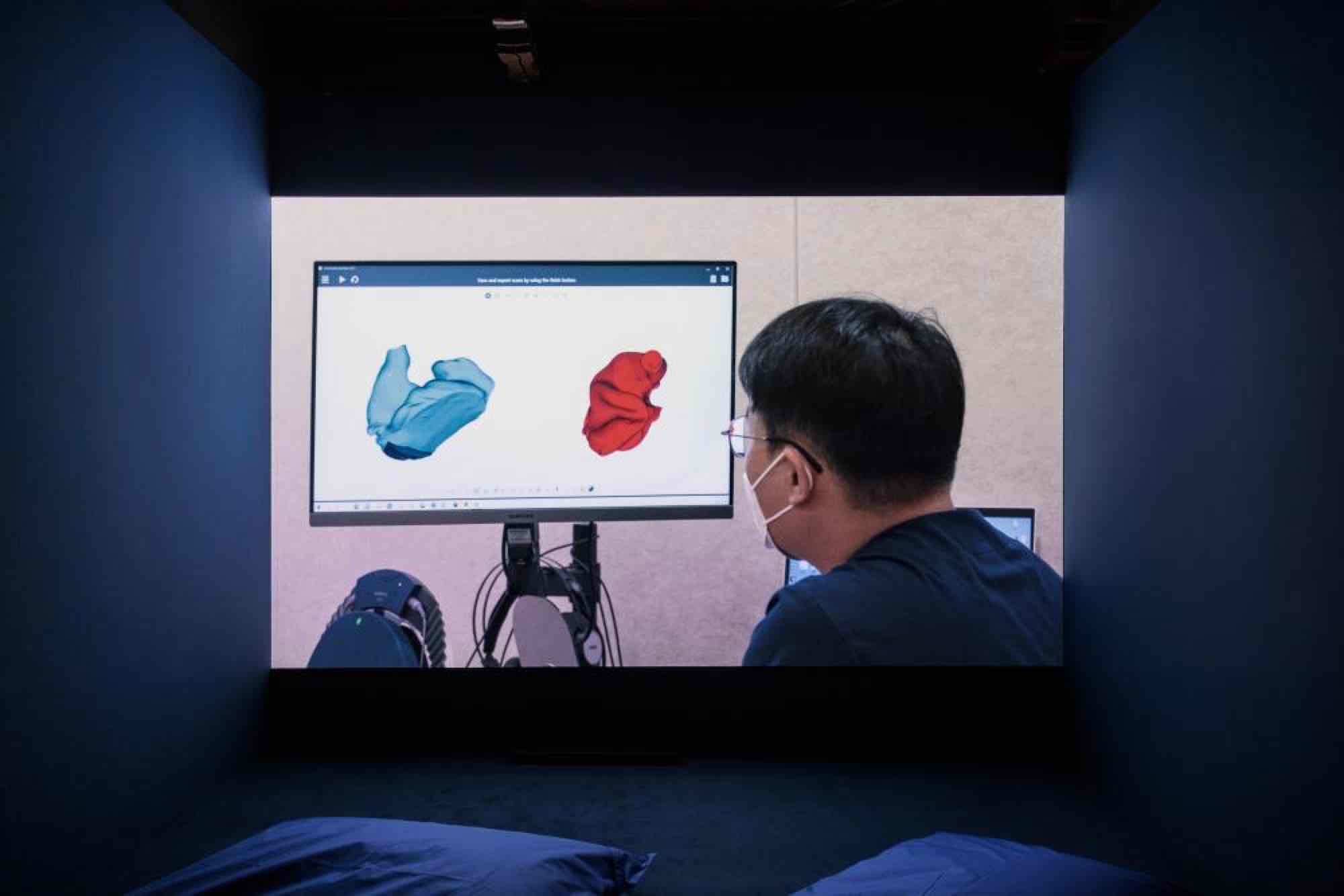
Jeamin Cha, Nameless Syndrome, 2022, video, 4K, 24 min, color/sound, courtesy of the artist. Exhibition view Jeamin Cha, Freeze Response, Salzburger Kunstverein 2024, photo: kunst-dokumentation.
Jeamin Cha’s artistic practice compels us to search for a language that articulates pain beyond clinical terms. Central to the exhibition is Cha’s essay film “Nameless Syndrome,” an exploration of the psychological landscapes and stories of the “undiagnosed”—those who suffer without proper diagnosis, often women, whose symptoms are marginalized within a capitalist medical system marked by patriarchal biases. Drawing from her personal history and extensive research, Cha delves into the stories of Korean women and their battles with illness, bringing to light the sometimes dismissive approach toward women's health conditions. Through both direct interviews and a reflective process of unlearning, she reveals a critical examination of how illness and its narratives are constructed and understood within a capitalist framework. The choice of a dark blue ambiance, coupled with the use of patient mattresses as seating within the exhibition space, intensifies the clinical atmosphere, thereby inviting the audience to immerse themselves in the psychological spaces of those who are asked to be patient.
Accompanying the film are a series of drawings and a performance. The drawings, derived from Cha’s own reflective process, offer visual insights into the emotional and sensory dimensions of her subjects’ experiences. They embody her contemplative engagement with the material and immaterial aspects of illness, and her attempt to visualize the psychological landscapes shaped by pain. The performance deepens the exploration of the language shaped by medical vocabularies. Through recitation, Cha creates a space for reflection and connection, inviting the audience to engage with a sequence of words derived from medical terminologies, as a performer repeats them in succession until their meanings evolve and undergo transformation, searching for a language that can adequately express the complexities of illness.
Freeze Response challenges us to reconsider the dynamics of patience and patienthood. By rethinking these terms, Cha empowers the notion of waiting and observing as active, powerful states of being, rather than passive submissions to authority. This recontextualization is crucial in understanding the exhibition’s title, which plays on the psychological ‘freeze response’—typically seen as a passive reaction to trauma—suggesting that in stillness and observation, there can be a form of resistance and understanding.
Curated by Mirela Baciak.
Accompanying the film are a series of drawings and a performance. The drawings, derived from Cha’s own reflective process, offer visual insights into the emotional and sensory dimensions of her subjects’ experiences. They embody her contemplative engagement with the material and immaterial aspects of illness, and her attempt to visualize the psychological landscapes shaped by pain. The performance deepens the exploration of the language shaped by medical vocabularies. Through recitation, Cha creates a space for reflection and connection, inviting the audience to engage with a sequence of words derived from medical terminologies, as a performer repeats them in succession until their meanings evolve and undergo transformation, searching for a language that can adequately express the complexities of illness.
Freeze Response challenges us to reconsider the dynamics of patience and patienthood. By rethinking these terms, Cha empowers the notion of waiting and observing as active, powerful states of being, rather than passive submissions to authority. This recontextualization is crucial in understanding the exhibition’s title, which plays on the psychological ‘freeze response’—typically seen as a passive reaction to trauma—suggesting that in stillness and observation, there can be a form of resistance and understanding.
Curated by Mirela Baciak.

